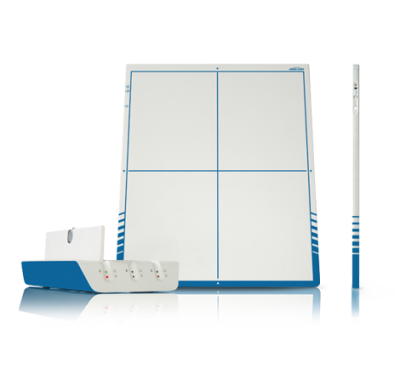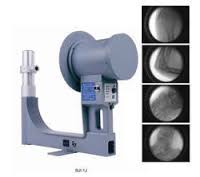Services
VETCARE Veterinary mission is to provide responsive and quality information technology services to protect and improve the health, quality, and marketability of your pet.
- Grooming /Shaving /Trimming for dog and cats
- Bathing of dogs and cats
- Medical baths for dog, cats , rabbits
- Removal of excess hair from the ears
- Removal of excess hair from between digits
The completely newly developed micro-application process, which is protected by various patents, transports highly effective substances through the skin exactly to the location of the problem and gently allows an optimal concentration of the active agent where it is required - without any strain on the entire organism.
Therefore, VetDrop® is an intensive, highly effective treatment for lameness, tendon injuries, skin, hoof and joint disorders.
We perform VetDrop® microapplications inpatient and out-patient.
DIAGNOSTIC IMAGING
Computer radiography CR
Vetcare uses the latest Fuji Computer Radiography machine to perform radiography on your pet.
Dental digital radiography
Some of the dental procedures require additional visualization of the condition of the tooth/teeth which is not possible with traditional x-ray machines. Vetcare has a portable dental digital radio graph machine the size of a regular camera to allow the vet to take x-ray of any of your pet’s teeth and decide on the further treatment required.
Ultrasound / Doppler imaging
We are also equipped with 2 ultrasound machines with Doppler, which allow us to perform ultrasound diagnostic imaging for your pet.
Endoscopy – video endoscopy flexible and rigid
We are equipped with both rigid and flexible endoscopy devices allowing us to remove foreign bodies from the animal esophagus or stomach, or do routine endoscopy, gastroscopy and colonoscopy on your pet with the capacity to take biopsies also.
Fluoroscopy
We are the only veterinary clinic in Dubai currently using fluoroscope, which is a useful device used during orthopedic procedures on animals to guide the placement of metal frameworks and plates.
DIGITAL RADIOGRAPHY DR
DENTAL DIGITAL RADIOGRAPHY
ULTRASOUND / DOPPLER IMAGING
ENDOSCOPY – VIDEO ENDOSCOPY
The tip of the endoscope is manipulated using a control knob in the hand piece. In addition to the fiber bundles which provide the light source, two channels are present within the endoscope. One channel permits various endoscopic tools to be passed and fluids to be suctioned or samples taken. The other allows air or water to be passed into the stomach/intestine to insufflate (inject air into the area), or wash away mucus from the viewing port. Special video cameras can be attached to the endoscopes which allow viewing of the exam on a television screen, as well as recording the exam on video. The rigid endoscope cannot be used in some areas, such as the stomach because it does not have the bending tip, so it cannot be flexed to allow examination of all parts of the stomach.







